The New Epicenter of Global Terrorism, Claiming More Lives Than Anywhere Else
- by Farouk Ahmed, RNG247
- about 9 months ago
- 293 views
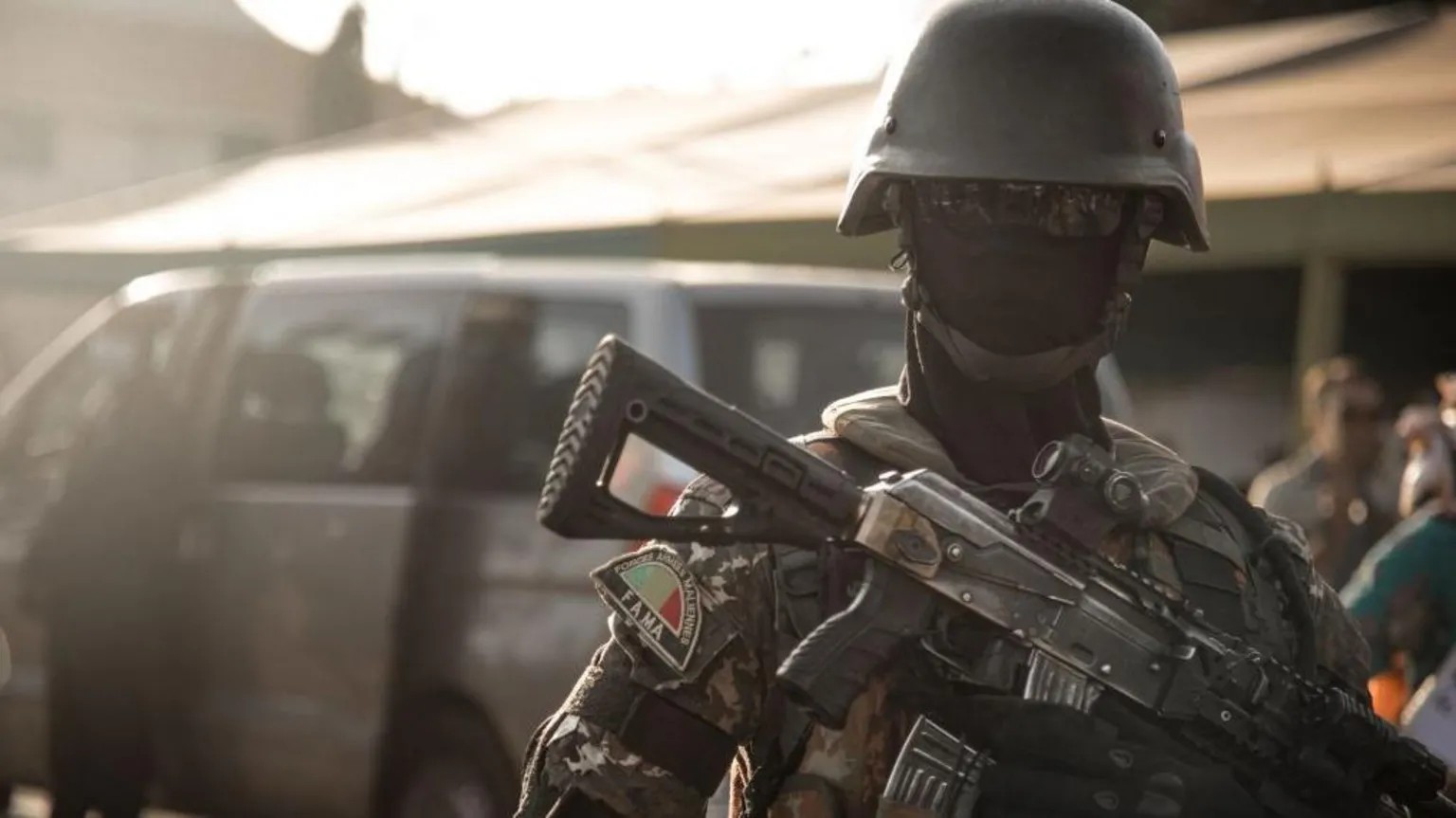
The Sahel region of Africa has emerged as the "epicentre of global terrorism," according to the latest findings from the Global Terrorism Index (GTI). For the first time, the region accounts for over half of all terrorism-related deaths worldwide, with a staggering 3,885 fatalities recorded out of a global total of 7,555.
This report emphasizes a troubling trend: while the worldwide rate of terrorism-related deaths has declined from a peak of 11,000 in 2015, the Sahel has seen a nearly tenfold increase since 2019. This surge is attributed to extremist and insurgent groups that are increasingly turning their focus to this semi-arid expanse south of the Sahara Desert, which encompasses parts of ten countries, including Burkina Faso, Mali, Niger, and Nigeria.
Published by the Institute for Economics and Peace, the GTI defines terrorism as the “threatened or actual use of illegal force and violence by a non-state actor to attain a political, economic, religious, or social goal through fear, coercion, or intimidation.” The ramifications of this definition are stark in the Sahel, where rampant violence has created a humanitarian crisis.
A Young and Vulnerable Population
The Sahel is characterized by some of the highest birth rates in the world, with nearly two-thirds of its population under the age of 25. This demographic profile is a crucial factor as militant jihadist groups rapidly expand their reach in the region. Unlike in the West, where "lone actor terrorism" is rising, the Sahel has been overwhelmed by organized militancy. The GTI highlights that the majority of attacks are enacted by two primary groups: the Islamic State affiliate in the region and Jama'at Nusrat al-Islam wal Muslimeen (JNIM), which has connections to al-Qaeda.
Niagalé Bagayoko, chair of the African Security Sector Network, explains that these groups are attempting to establish new legal frameworks—particularly those based on Sharia law—in response to the perceived failure of state governance.
Power Struggles and Rising Control
The GTI report notes that IS-Sahel has reportedly doubled its territorial control in Mali since the series of coups in 2020 and 2021, particularly in the eastern areas bordering Burkina Faso and Niger. Meanwhile, JNIM also continues to expand its influence. According to a UN panel of experts, both organizations have raised their ranks, including the concerning trend of recruiting child soldiers.
Beverly Ochieng, a senior analyst focused on Francophone Africa, remarks that many individuals find themselves in situations of “choicelessness” when they join these militant factions, as the communities are incredibly vulnerable amidst ongoing political instability.
Political Unraveling and Governance Crisis
The report attributes the flourishing of terrorism in the Sahel to political instability and weak governance, which have created fertile ground for insurgent groups. The Sahel is often referred to as Africa's “coup belt,” having witnessed six successful coups since 2020—two in Mali, two in Burkina Faso, and one each in Guinea and Niger—resulting in the establishment of military juntas across these nations.
Dr. Folahanmi Aina, an expert on the Sahel at SOAS University in London, asserts that “the Sahel has experienced a breakdown in state society.” Years of neglect by political leaders have exacerbated local grievances, allowing terror groups to exploit the situation. Despite the takeover by military regimes, the situation on the ground has reportedly worsened. Dr. Aina states, “The juntas are professionally unprepared for the rigours of governance.”
The Illicit Economy and Regional Stability
Burkina Faso has been identified as the most affected country by terrorism for two consecutive years, a dubious distinction that highlights the deteriorating conditions. The GTI reveals that jihadist groups maintain their operations through a variety of illicit economic activities, including kidnapping for ransom and cattle rustling. The Sahel has also become a significant transit route for drug traffickers, amplifying the financial gains associated with terrorism.
These groups increasingly generate revenue by imposing taxes and providing security services to local communities, thereby embedding their influence further within the populace. The GTI notes that Niger, known for its abundant uranium resources, and unregulated gold mines scattered across the region, have become critical targets for these insurgents.
Changing Alliances in the Fight Against Terrorism
In light of the recent coups, Sahel governments have shifted their alliances, seeking support from countries such as China and Russia to combat militancy. Ochieng highlights that the Africa Corps—a group of Russian paramilitaries—has been deployed to train and bolster local forces, although the effectiveness of these initiatives remains in question.
The GTI report raises the alarm about the potential for terrorism to spill over beyond the Sahel to neighboring countries. Alarmingly, Togo recorded ten attacks and 52 deaths in 2024, marking the highest toll since the Index was established, predominantly in regions adjacent to Burkina Faso.
As militant groups expand their operations in countries like Benin and Togo, Ochieng warns that the threat of terrorism in West Africa is imminent. The call for urgent international attention and action in this volatile region has never been more pressing.



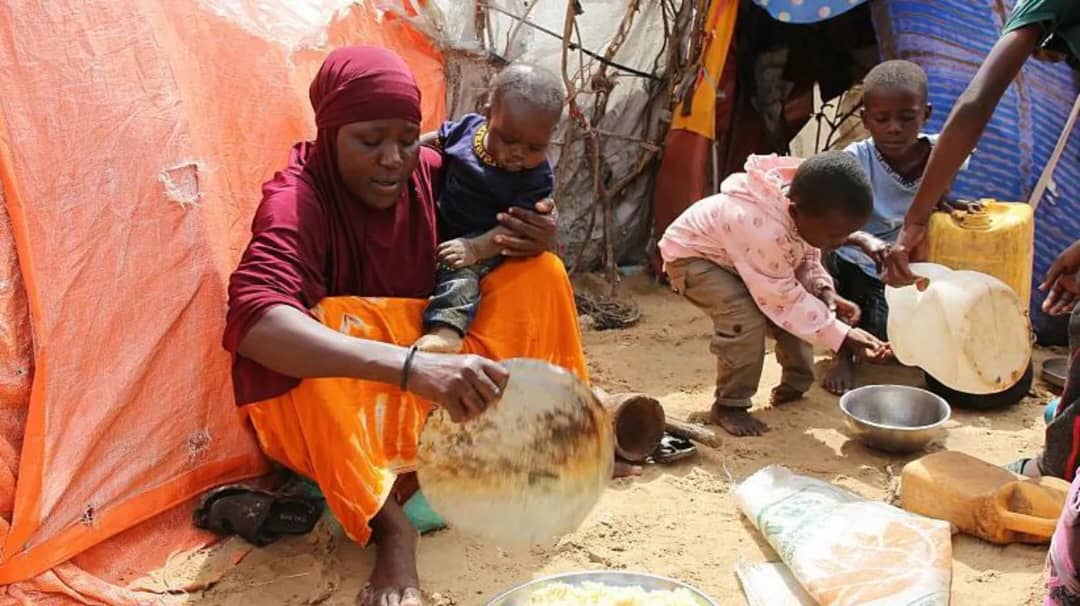
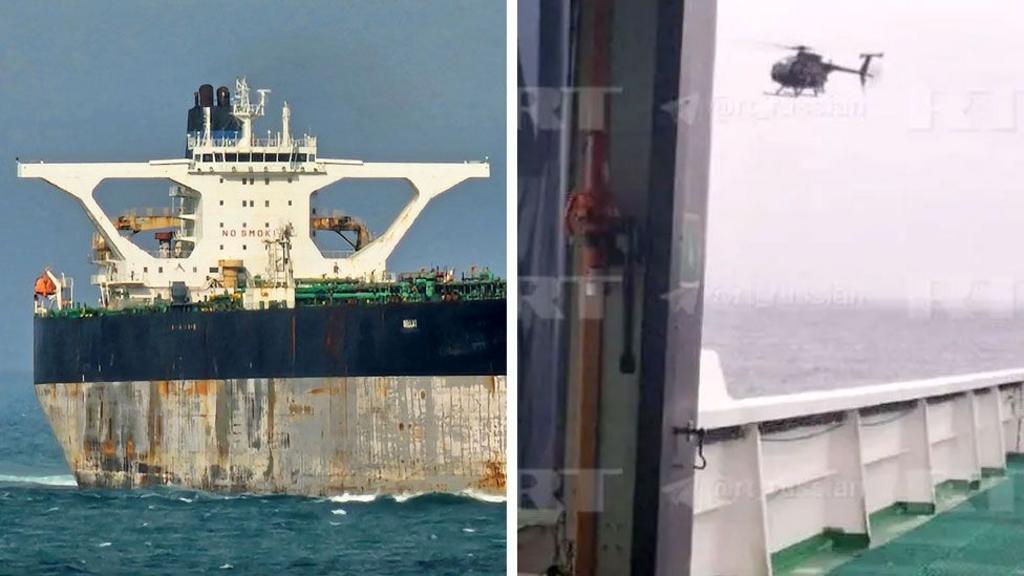
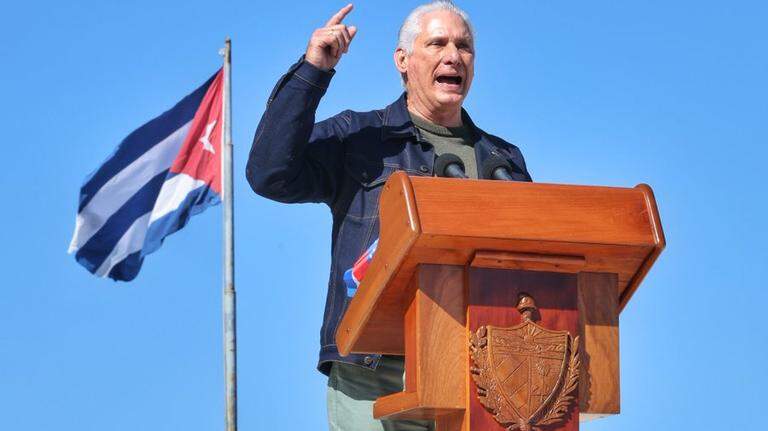

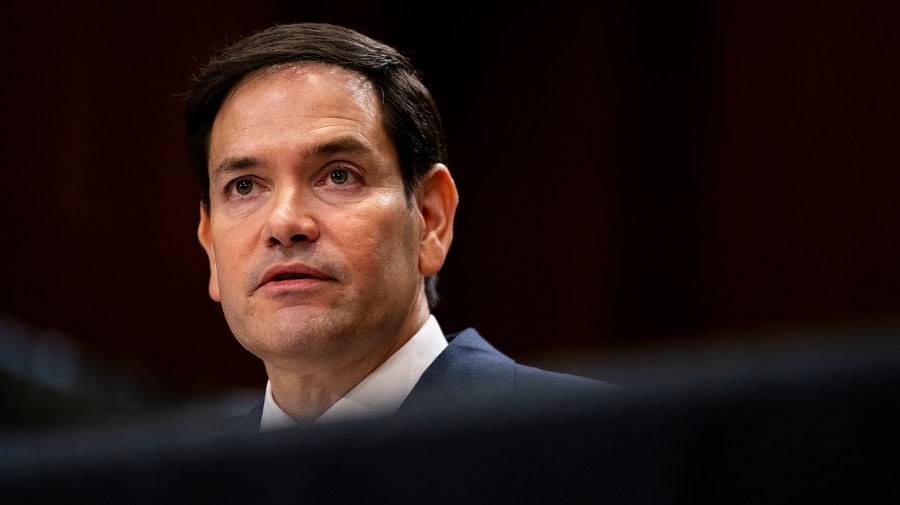
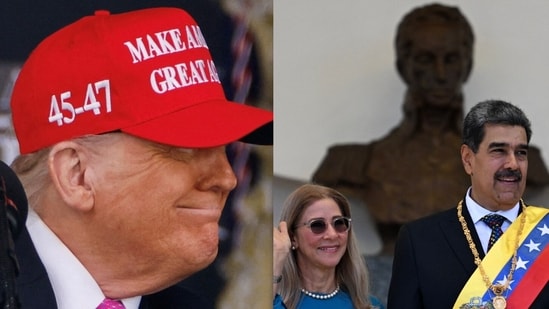
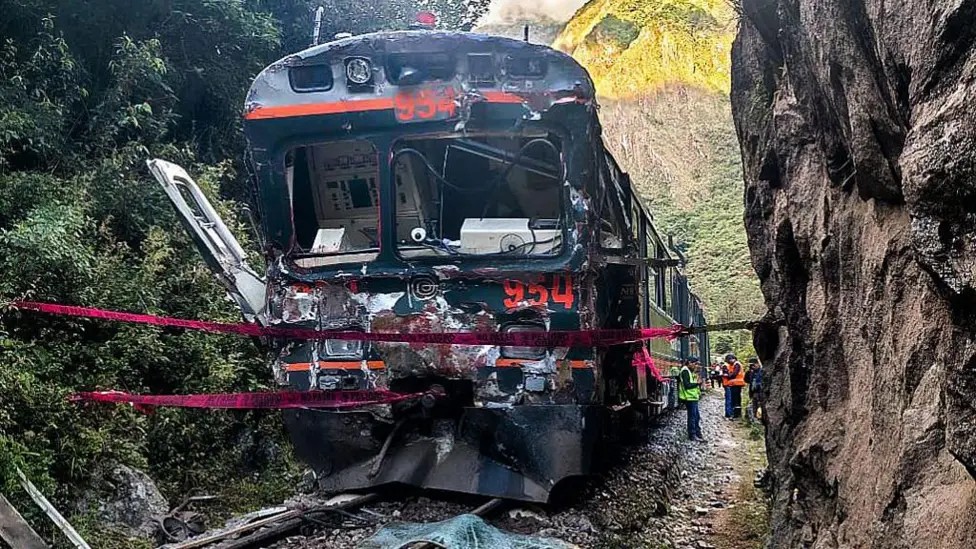



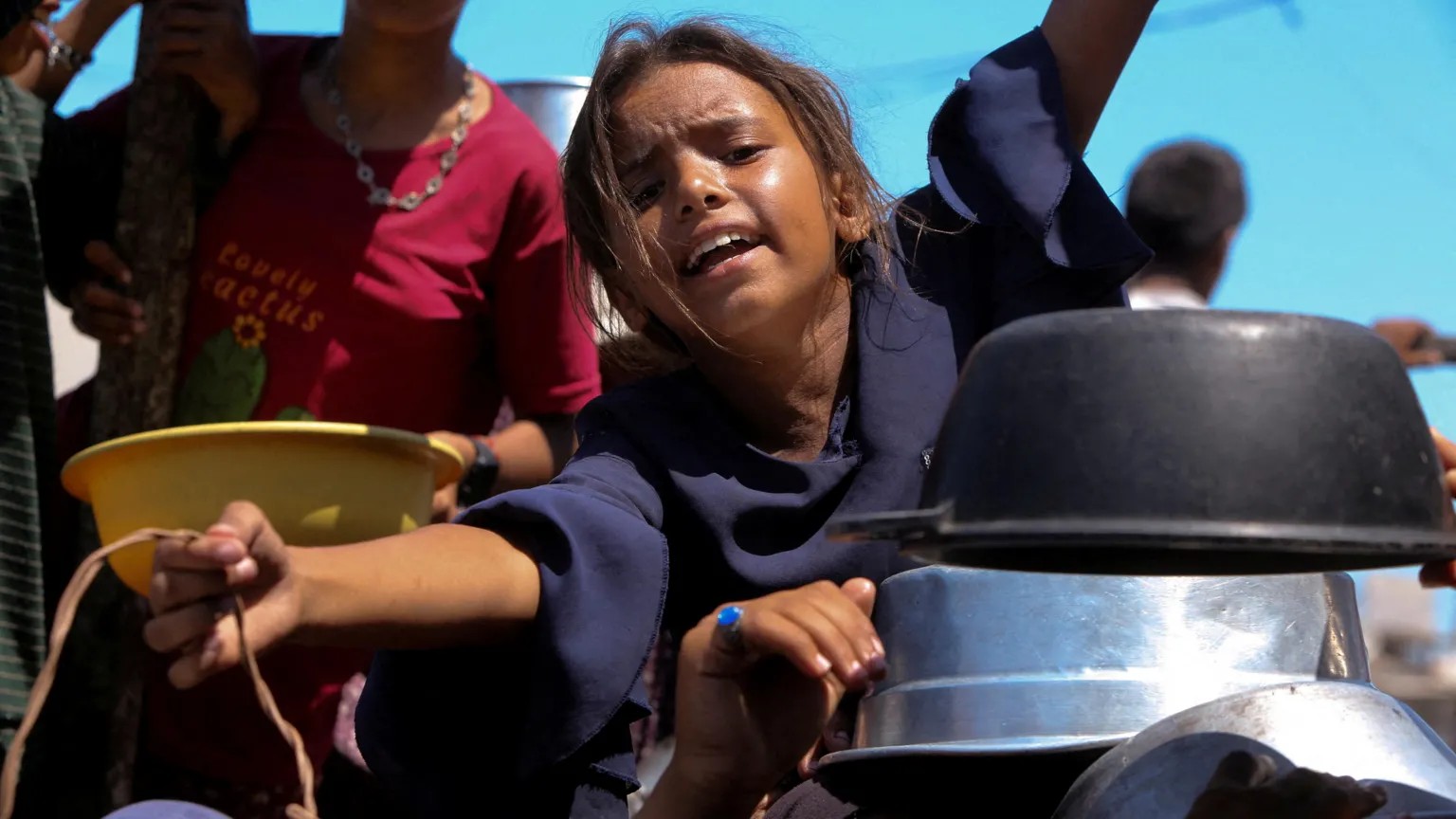


0 Comment(s)